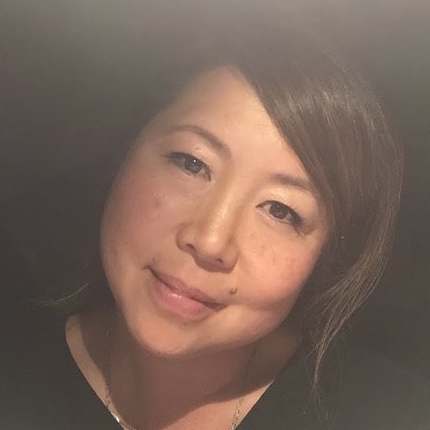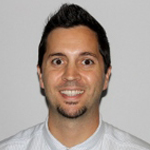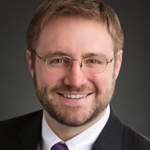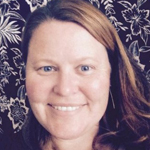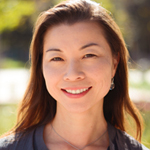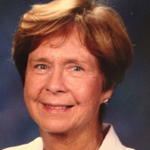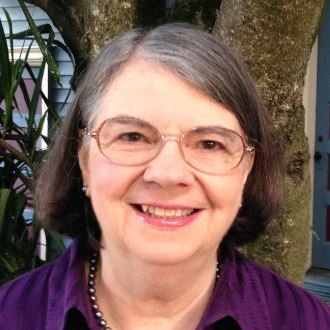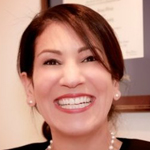Thursday, February 15
8:15 AM – 12:15 PM
Cost per person: $189.
By advance registration only. Select one of six.
Add $25 fee if you are not attending the conference.
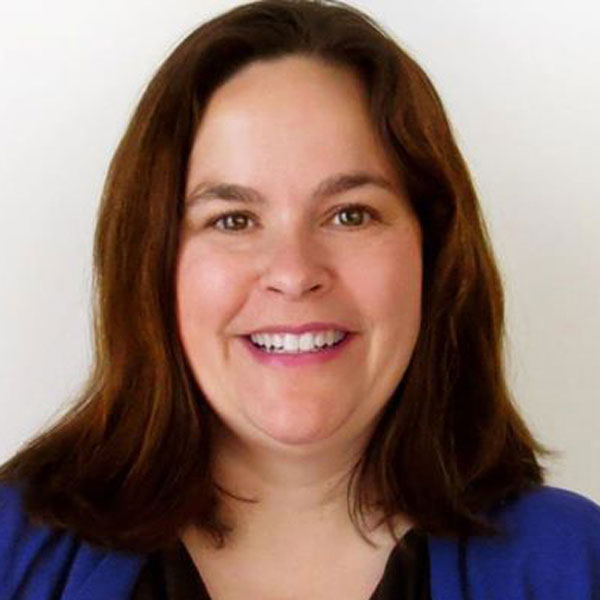
1. Learning and Literacy Centers: Where Content Knowledge and Literacy Skills Intersect in Grades 4-12
Imagine your classroom as an interactive, collaborative meeting space where learning thrives, and your students actively and willingly participate in activities that develop content area knowledge and literacy skills simultaneously. In this workshop, Dr. McKnight will explore schools that have implemented Learning and Literacy Centers (LLC), and why LLC implementation has resulted in substantial student performance gains in rural, urban, and suburban contexts. Discover how LLC's provide a practical context for the integration of reading, writing, formative assessment, differentiated instruction, multi-tiered interventions, movement, and technology and how you can implement them in your school.
Katherine S. McKnight, PhD, Educator and Professional Development Consultant; Distinguished Professor of of Research, National Louis University; Author, Literacy and Learning Centers for the Big Kids: Building Literacy Skills and Content Knowledge in Grades 4-12 (2017), The Common Sense Guide to the Common Core: Teacher-Tested Tools for Implementation (2014) and Common Core Literacy for ELA, History/Social Studies and the Humanities (2014); Editor, Addressing the Needs of All Learners in the Era of Changing Standards: Helping Our Most Vulnerable Students Succeed through Teaching Flexibility, Innovation, and Creativity (2016)
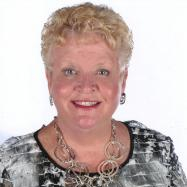
2. Cultivating Creativity, Curiosity, and Collaboration in the Differentiated Classroom
Teachers in mixed-ability classrooms face multiple challenges at every grade level. Success for all students depends on the integration of multiple intelligences, cooperative learning and authentic assessment. This interactive workshop provides guidance for teachers and administrators who are interested in creating learning environments that address the diversity within their classrooms, schools, and districts. Discover multiple approaches to content, process and product and how to blend whole-class, group and individual instruction to foster greater collaboration. Improve your instructional practice to reflect 21st Century innovative practices and learn to teach with your students' minds as the catalyst for creativity and curiosity in your classroom
Kathy Perez, EdD, Professor of Education; Director of Outreach and Professional Development, Saint Mary's College of California; Author, 200+ Proven Strategies for Teaching Reading, Grades K-8 (2016), New Inclusion: Differentiated Strategies to Engage ALL Students (2014) and More Than 100 Brain-Friendly Tools and Strategies for Literacy Instruction (2008)
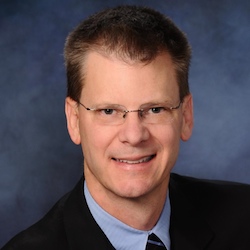
3. Engagement By Design: The Impact of Relationships, Clarity, and Challenge
Teachers and leaders are always searching for “what works.” We want to know what we can do to engage students and ensure that they learn more and better. In this session, we focus on a few things that have high impact on learning, specifically student-teacher relationships, teacher clarity, and challenging tasks. This workshop will explore the ways in which educators can build and maintain healthy, growth-producing relationships with students. In addition, you will explore teacher clarity so that teachers know what students need to learn, communicate learning expectations to students, and reach agreements on what learning success looks like. Finally, you will explore the role of challenging learning tasks and understanding the role that difficulty and complexity play in students learning. You will consider a range of tasks that build students’ academic fluency, stamina, strategic thinking, and expertise.
Douglas B. Fisher, PhD, Professor of Educational Leadership, San Diego State University; Teacher Leader at Health Sciences High & Middle College; Recipient of an International Reading Association William S. Grey citation of merit, an Exemplary Leader Award from the Conference on English Leadership of NCTE, as well as a Christa McAuliffe Award for excellence in teacher education; Author of numerous articles on reading and literacy, differentiated instruction, and curriculum design as well as books, such as Visible Learning for Literacy (2016), Rigorous Reading (2013), and Text Complexity: Raising Rigor in Reading (2012)
4. Design Thinking in Education
Part I: Creative Gym - An Experiential Design Thinking Studio
This hands-on design thinking studio highlights from the d.school course DESINST366 an identifiable set of skills essential to developing a strong personal practice of design thinking. The fast-paced hands-on exercises will lay a mental and physical foundation for a potent bias toward action, build creative confidence, train your intuition and expand the design context from which you operate in your life and classroom.
Grace Hawthorne, PhD, Entrepreneur; Adjunct Professor, Institute of Design (aka the d.school), Stanford University, where she teaches a course on "Creative Gym"; Creator/Founder, Paper Punk, an award-winning creativity tool; Co-Founder, ReadyMade magazine; Author, ReadyMade: How to Make (Almost) Everything: A Do-It-Yourself Primer (2005)
Part II: "Imagine, Build, Share, Reflect": Design Thinking in K-12 Education
How might we grow and sustain a culture of innovation for our students, colleagues, and ourselves? Join us for an interactive workshop where we create solutions for a key challenge facing education. We will practice a design process that is grounded in divergent and convergent thinking, empathy-fuelded need-finding, and rapid experimentation. You will walk away with the mindset of a designer, a framework for innovative leadership, and the ability to bring design thinking to your school.
Michael Schurr, MA, 3rd Grade Co-Teacher, Riverdale Country School; Learning Catalyst, Plussed; Co-Creator, Design Thinking for Educators Toolkit; Charles Shryock IV, MA, Academic Dean, Bishop McNamara High School; Mentor, Google for Education Certified Innovator Program; and Jessica Lura, MA, Director of Strategic Initiatives and Partnerships at Bullis Charter School; National Board Teacher; Google Certified Innovator
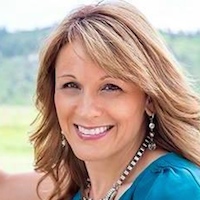
5. Choose to Matter: Disruptive Innovation from the Inside Out
Liberating the genius in our students is not an inspirational goal or a utopian hope for reforming education. It is an urgent educational and societal imperative. As leaders, we have the dual charge of ensuring the principles and practices of a passion-driven work, such as disciplined study, fostering imagination, active participation, and community contribution, are present and implemented across all spectrums of the teaching and learning process with students and teachers. This leadership and learning framework is guaranteed to fuel innovation, amplify creativity, and advance the ability for learners to make an impact in their community and world. There is genius within; together let's unleash it.
Angela Maiers, MA, Educator; Entrepreneur; Founder and CEO, Choose2Matter, Inc.; Co-Author, The Passion-Driven Classroom (2016)
6. The Neuroscience of Learning Difficulties and Giftedness: Rethinking 504 Accommodations (For Parents, Teachers, and Psychologists) - SOLD OUT
This workshop will focus on helping teachers and psychologists understand the links between 504 accommodations and relative strengths, giftedness, innovation, and the cognitive neuroscience behind these. You will begin with an overview of learning difficulties from the neuroscience perspective, and of accommodations as a way for students to display their innate gifts and abilities. In small groups, led by psychologists and educators, you will discuss several cases of students with LD, the cognitive underpinnings of a variety of instructional and test accommodations and generate effective teaching strategies. This workshop will emphasize collaboration between parents, teachers, and psychologists to maximize the creative learning potential and engagement for all students.
Fumiko Hoeft, MD, PhD, Director, Laboratory for Educational Neuroscience (brainLENS), University of California, San Francisco (UCSF); Nancy Cushen White, EdD, Clinical Professor of Pediatrics, Division of Adolescent and Young Adult Medicine, University of California, San Francisco (UCSF); Nancy Redding, MEd, Past President of Northern California Branch of International Dyslexia Association (IDA); and Nicole Ofiesh, PhD, Executive Director of Schwab Learning Center (SLC), Stanford University





